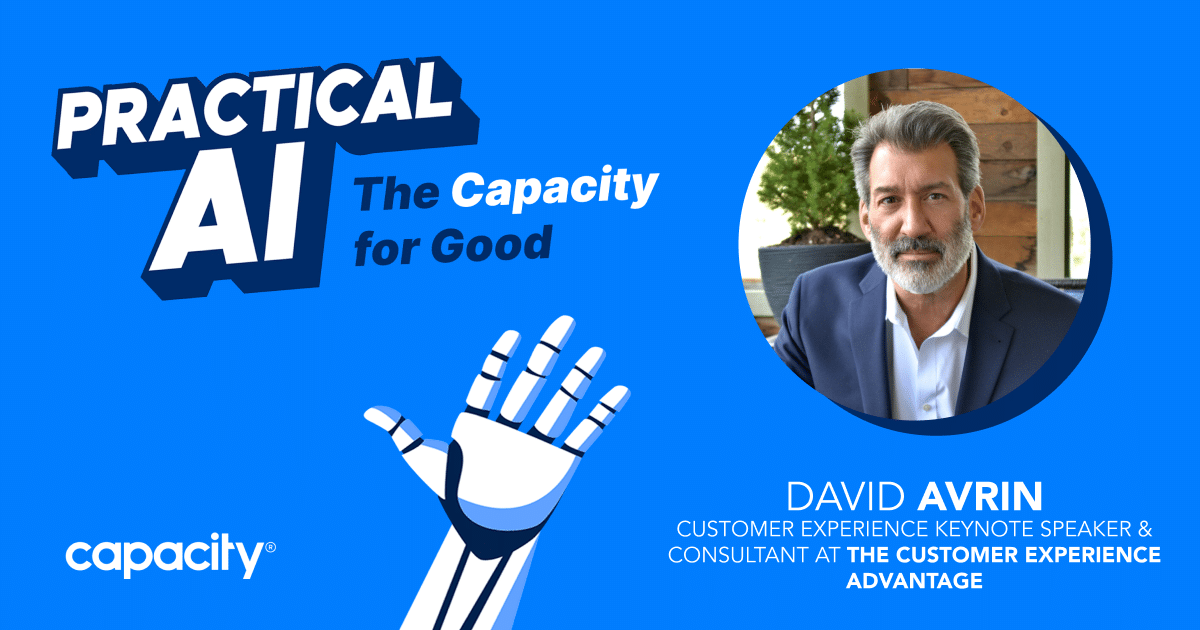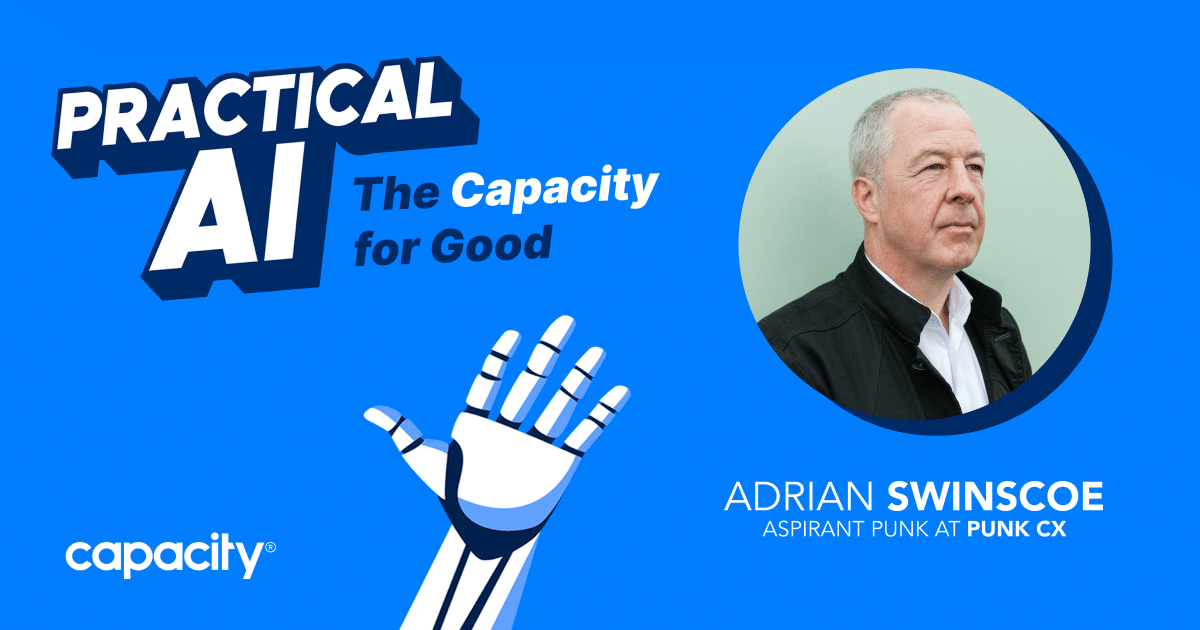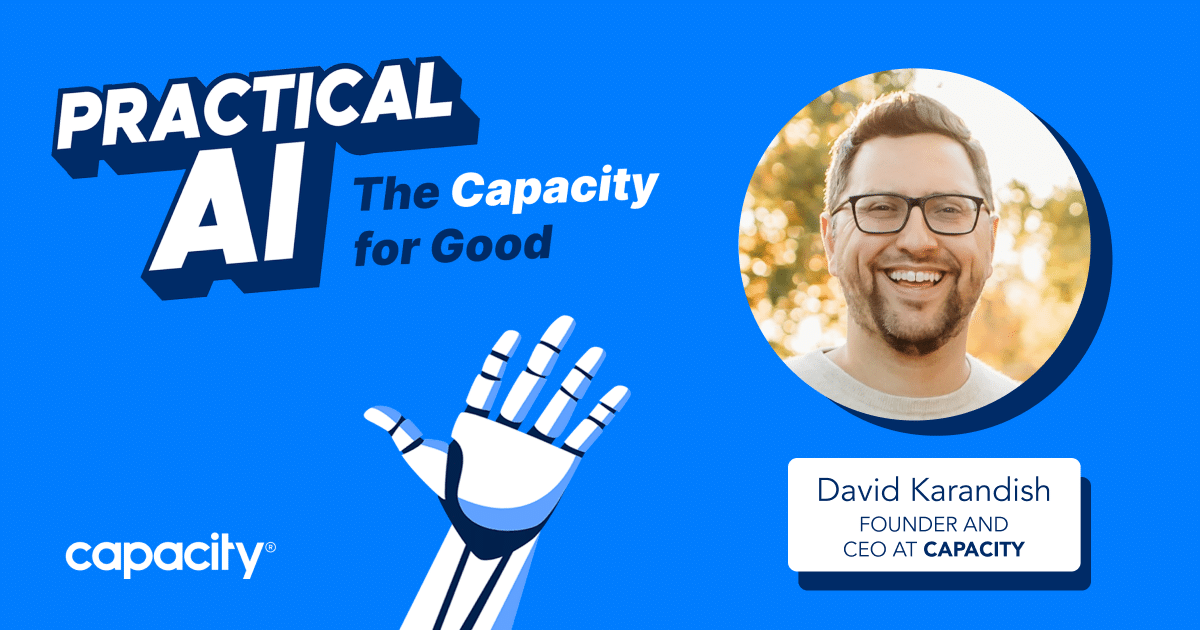Generative AI is taking the business world by storm. But does that mean you should throw caution to the wind and adapt the technology as quickly as it’s innovating? It’s important to explore the risks associated with generative AI and discuss the compliance standards your company should consider when integrating this technology. Whether you’re an IT leader or involved in operations management, understanding the importance of compliance and best practices for safe generative AI implementation is crucial. So, let’s dive in and explore how you can ensure the safety of your new generative AI technology.
The importance of compliance when integrating new technology

When introducing new tech, compliance should be a top priority. Compliance ensures your organization adheres to legal and regulatory requirements, protecting your company and stakeholders. But avoiding these standards can be costly. In fact, organizations lose an average of $4 million in revenue due to a single non-compliance event. However, with compliance standards in place, you can mitigate potential risks and foster trust among customers, partners, and employees.
Understanding generative AI
Overall, generative AI refers to the subset of artificial intelligence (AI) that involves machines creating new content, images, or other outputs. Unlike traditional AI, which relies on pre-existing data, generative AI uses complex algorithms and neural networks to produce original and unique content. This technology has gained significant attention due to its potential to streamline various industry processes.
Use cases for generative AI in various departments and industries
Generative AI offers numerous use cases across different departments and industries. For marketing teams, it can automate content creation, generate personalized advertisements, or even assist in social media management. Plus, generative AI can even aid in medical image analysis, drug discovery, and patient diagnosis in healthcare.
Here are some additional examples across various departments and industries:
1. Human resources
Generative AI can streamline the recruitment process by generating candidate profiles, conducting initial screenings, and recommending potential matches for job openings.
2. Customer service
AI-powered chatbots can utilize generative AI to provide personalized responses to customer inquiries, troubleshoot common issues, and enhance the overall customer experience.
3. Finance
Generative AI algorithms can analyze vast amounts of financial data, detect patterns, and assist in forecasting market trends, optimizing investment portfolios, and automating risk management processes.
4. Manufacturing
Generative AI can optimize production processes by generating efficient production schedules, identifying bottlenecks, and predicting maintenance needs to minimize downtime.
5. Research and Development
In scientific fields, generative AI can assist in drug discovery, protein folding simulations, and the creation of novel materials, speeding up the innovation process.
6. Retail
Generative AI can personalize shopping experiences by generating tailored product recommendations based on customer preferences, enhancing customer engagement and boosting sales.
7. Education
AI-powered virtual tutors can utilize generative AI to provide personalized learning experiences, generate practice questions, and adapt the curriculum to individual student needs.
8. Media and Entertainment
Generative AI can aid in the creation of visual effects, generate realistic 3D models and animations, and even assist in scriptwriting by suggesting plotlines and character development.
9. Supply Chain Management
By analyzing data from various sources, generative AI can optimize supply chain logistics, predict demand fluctuations, and improve inventory management, leading to cost savings and enhanced efficiency.
These are just a handful of real-life examples of using generative AI in businesses. But, the possibilities of generative AI are expanding rapidly.
The risks of generative AI
While generative AI holds great potential, it also introduces new risks. One of the primary concerns is data security and privacy. Basically, generative AI algorithms require substantial amounts of data, and this data can result in unauthorized access, breaches, or regulatory violations. You must prioritize compliance to adopt generative AI safely for your company.
Compliance standards to consider
Organizations must consider relevant compliance standards to ensure generative AI’s safe and responsible use. Here are three essential compliance standards to keep in mind:

1. General Data Protection Regulation (GDPR):
GDPR is a European Union regulation that protects individuals’ privacy and data rights. It applies to organizations that handle the personal data of EU citizens, regardless of their geographic location. Compliance with GDPR involves obtaining user consent, ensuring data security, and providing transparency in data processing.
2. California Consumer Privacy Act (CCPA):
CCPA is a California state law that grants consumers more control over their personal information. Organizations that collect or sell the personal data of California residents must comply with CCPA regulations. Compliance includes transparent data collection practices, the option for consumers to opt out of data sharing, and enhanced privacy disclosures.
3. SOC II, Type 2 Compliance:
SOC II is a set of auditing standards developed by the American Institute of Certified Public Accountants (AICPA). It focuses on the security, availability, processing integrity, confidentiality, and customer data privacy. SOC II, Type 2 compliance involves ongoing monitoring and reporting on these factors, demonstrating a commitment to data protection.
The 5 best practices for safe generative AI compliance

In addition to complying with relevant standards, your business should implement best practices to ensure safe generative AI compliance. Here are five key practices to consider:
1. Follow standards of responsible data handling and storage:
Firstly, implement robust data handling and storage practices to protect sensitive information. This includes encryption, access controls, and regular backups.
2. Always explain the origin and limitations of generated content:
Clearly communicate that content is generated by AI systems and disclose any limitations or biases. This transparency helps manage expectations and builds trust with users.
3. Thoroughly evaluate generative AI providers:
Before partnering with a generative AI provider, conduct a comprehensive evaluation. Assess their reputation, track record, and compliance with relevant regulations and standards.
4. Conduct regular risk assessments and audits:
Regularly assess the risks associated with generative AI implementation. Identify potential vulnerabilities and take proactive measures to mitigate them. Regular audits help ensure ongoing compliance.
5. Educate users and stakeholders:
Provide training and education to employees and stakeholders on the responsible use of generative AI. This includes data handling practices, understanding limitations, and potential risks associated with the technology.
Integrating generative AI into your organization can offer significant benefits but comes with risks that must be addressed. Compliance with relevant standards is essential to ensure generative AI technology’s safe and responsible use. By following best practices, such as responsible data handling, transparency in content generation, a thorough evaluation of providers, regular risk assessments, and user education, you can stay safe and compliant with your new generative AI implementation. Remember, prioritizing compliance builds trust and safeguards your company’s and stakeholders’ interests.

Automate Your Work
Capacity’s enterprise AI chatbot can help:
- Answer FAQs anytime, anywhere
- Find relevant documents within seconds
- Give surveys and collect feedback





